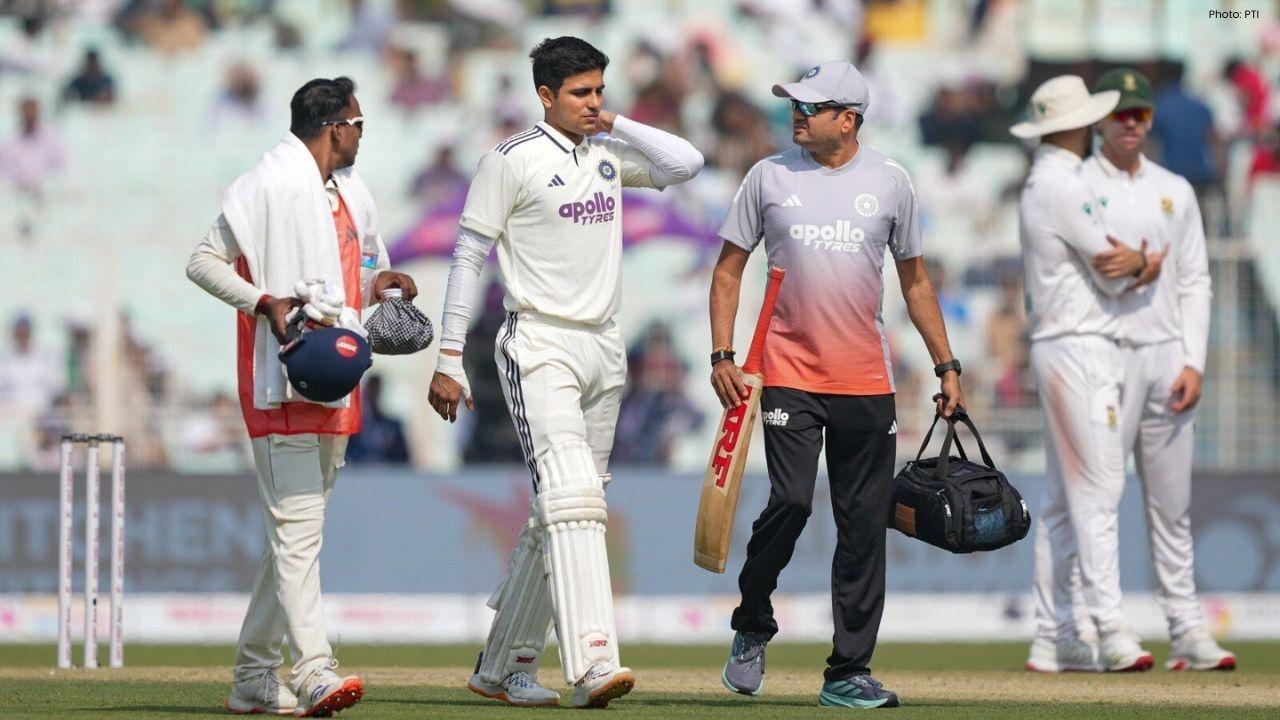
Post by : Saif Nasser
Many women experience distress when they notice increased hair loss on their pillows or during showers. Despite trying various products, the shedding persists. According to a prominent doctor from Dwarka, New Delhi, there’s hope, as most instances of hair loss among women can indeed be reversed.
Dr. Brijmohan Arora, a diabetologist with an impressive 24-year track record, stated in a recent video that hair loss in women frequently signals an internal health problem rather than a standalone condition. Unlike men, whose hair loss trends are often hereditary, women typically face hair thinning due to treatable issues. He remarked, “Hair loss in women is more of a symptom than a disease,” indicating that addressing the underlying factors can restore hair growth.
Dr. Arora highlighted how many young women are succumbing to stress and uncertainty over their thinning tresses. There’s often a tendency to attribute this change to factors like pollution, hair dye, heat treatment, or even genetics. However, he pointed out that the true causes often lie deeper, rooted in health. Nutritional deficiencies rank among the most significant contributors, with low levels of iron, Vitamin D, B12, or zinc leading to weakened hair follicles. A lack of these essential nutrients can make hair delicate and prone to breakage.
Hormonal fluctuations also trigger hair loss. Women with thyroid disorders, PCOS, or those experiencing post-pregnancy changes may notice significant hair shedding. High stress levels and recovery from illnesses, such as dengue, typhoid, or COVID-19, can further exacerbate temporary hair loss. The silver lining is that once health conditions are addressed and adequate rest and nutrition are provided, hair loss typically improves.
The doctor advises that early signs of hair thinning should not be taken lightly. Should the hair loss persist for weeks, women are encouraged to undergo simple blood tests to evaluate their iron, thyroid, and Vitamin D levels, which can quickly pinpoint the cause. Addressing deficiencies or health issues generally restores normal hair growth.
Dr. Arora also emphasized the importance of adopting good lifestyle choices. A balanced diet, sufficient sleep, low stress levels, and gentle hair care routines are critical for maintaining hair health. He recommends steering clear of tight hairstyles, harsh chemicals, and excessive heat styling that may damage hair roots.
His final message was clear: hair loss among women is generally not a lifelong issue. When you identify the root cause early, it can be reversible. He urged women to avoid panic or self-diagnosis and to seek professional guidance instead, as this can help prevent grim long-term consequences.
Responses to his video have been overwhelmingly positive, with many expressing relief in understanding why their efforts with pricey products yielded little result. Dr. Arora’s insights underscore a crucial perspective—hair loss in women can often be the body’s plea for help.










Shubman Gill's Neck Injury Puts Second Test Participation in Doubt
Shubman Gill is recovering from a neck injury, raising concerns about his availability for India’s s

Daryl Mitchell's Availability Uncertain Following Groin Injury in ODI Series
Daryl Mitchell's participation in New Zealand’s ODI series against West Indies is in jeopardy due to

Exploring the Maximalist Elegance of Sonam Kapoor’s Mumbai Residence
Discover Sonam Kapoor's Mumbai home, where heritage influences meet a luxurious aesthetic, perfect f

McLaren Welcomes Three Promising Young Female Drivers
McLaren strengthens its Driver Development Programme with the addition of three talented young women

Haaland Guides Norway to World Cup Glory for First Time Since 1998
Erling Haaland propelled Norway into the 2026 World Cup, scoring 16 goals and earning admiration as

Curacao, Haiti, and Suriname's Quest for World Cup Glory
Curacao, Haiti, and Suriname aim for a historic World Cup spot as Concacaf qualifiers reach their th